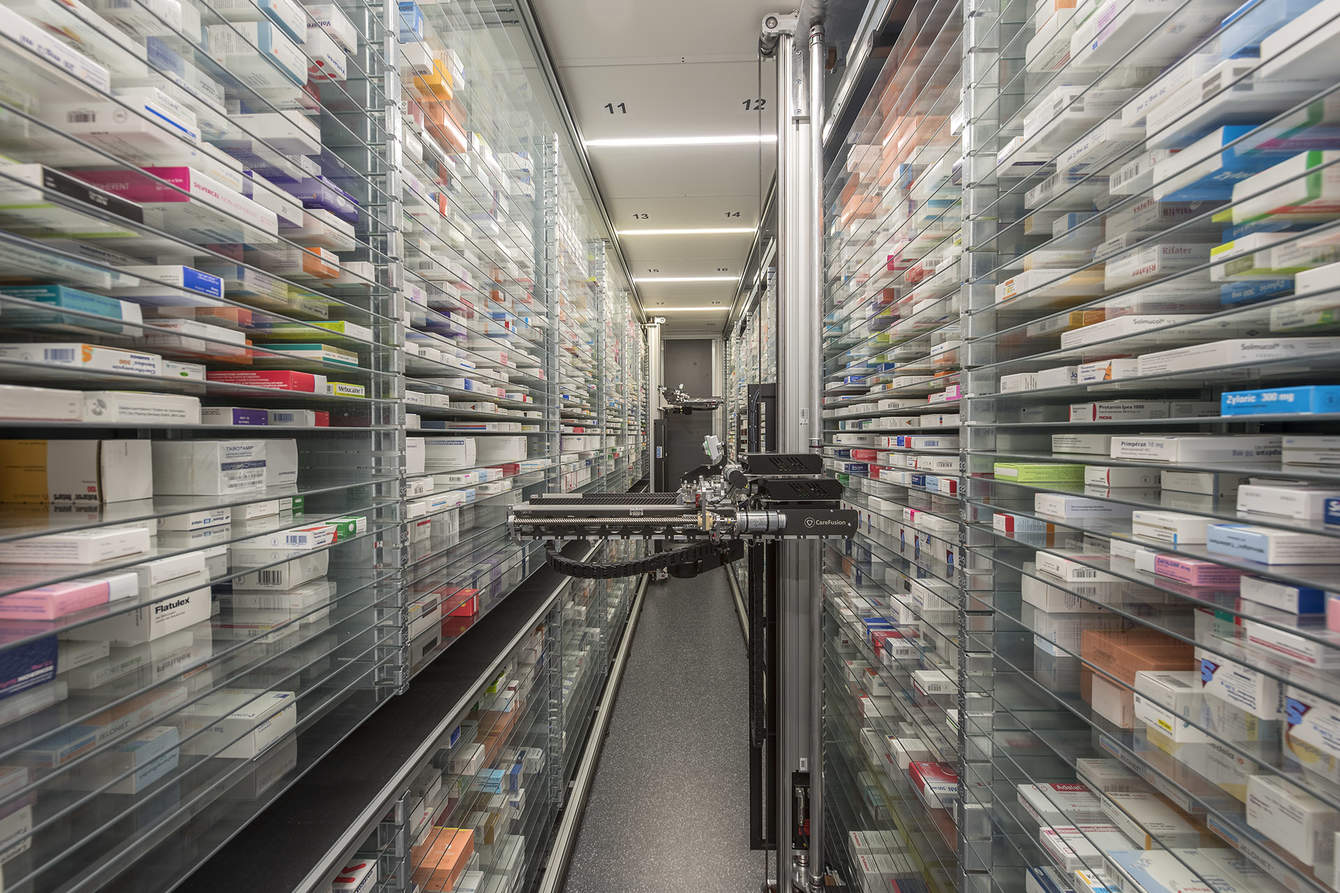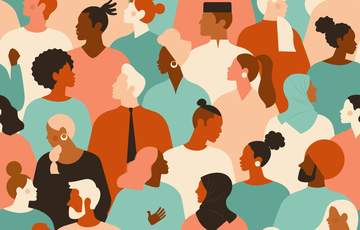
Would you like another small pill?
Publié il y a 11 mois
27.02.2025
Partager

What medications have you taken in the last seven days? Painkillers for recurrent back pain? Perhaps sleeping pills, antidepressants or beta blockers? You are among the 55% of the population who took medication over a period of at least seven days in 2022. This figure has been rising for the past 30 years, according to the Swiss Health Survey.
Surprisingly, according to the same survey, 85% of the Swiss population consider themselves in good or very good health. “There is not necessarily a contradiction between good health and medicines, says Matthieu Goldschmidt, a pharmacist in Rolle and member of the committee of the Société Vaudoise de Pharmacie. Consumption is increasing, but that’s not a bad thing. For example, new treatments are now available to treat diseases for which we previously had no options.
"Pain is no longer inevitable”
The most widely used drugs are analgesics or painkillers. From 12% in 1992, the share of the population using them for at least one week has risen to 26% in 2022. The more frequent use of these molecules can be explained by the increase in the number of cancers that often involve pain and multiply prescriptions for painkillers.
However, according to Farshid Sadeghipour, CHUV’s Pharmacy Director, change is also a societal phenomenon. “In recent decades, we have been moving from a Judeo-Christian vision of suffering to a more just and realistic approach. In the hospital, pain is no longer accepted as inevitable. We now know that it has impacts on post-hospitalisation as well as mood and capacity for recovery. So we are very careful.”
More prevention
Increasingly, it is the disease itself that is no longer inevitable. Thanks to a special effort in prevention over the last twenty years, many conditions, such as cancer or diabetes, have been detected earlier, allowing for better care, especially in terms of medical treatment. “Even if it may give the impression that health costs are rising, many hospitalisations have disappeared thanks to prevention,” says the CHUV pharmacist.
A healthier population, one that is treated better and sooner, is the promise of prevention that tends to be medicalised, according to Claudine Burton-Jeangros, Professor of Sociology of Health at the University of Geneva, who brings nuance to this optimistic vision. “Certain privileged categories of the population are led to consult more often to avoid falling ill because medicine encourages us to intervene even when everything is going well. The supply of drugs fuels this expectation and gives doctors the tools to meet it.” He concluded by calling for a wider reflection on our relationship with health: “Prevention should act on the social determinants of health, well in advance of the meeting between someone and their doctor or pharmacist.”



